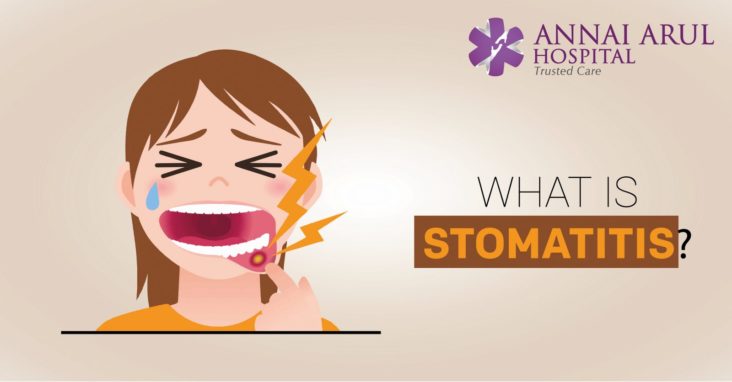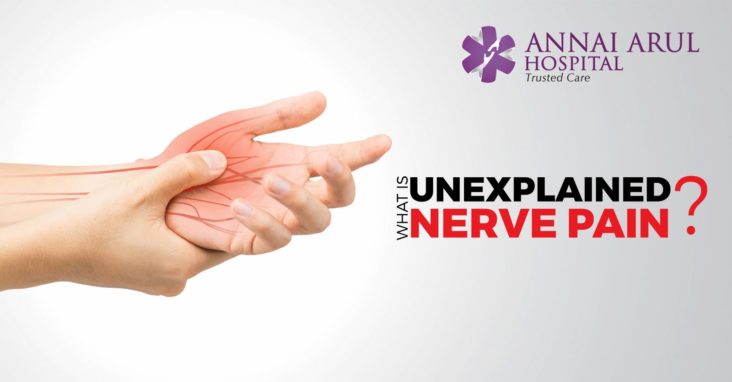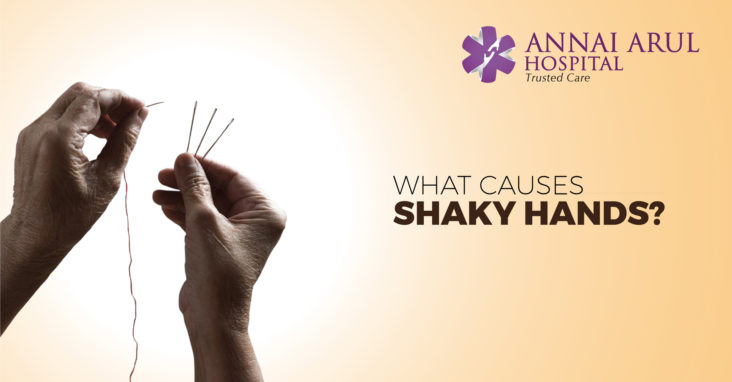You must have felt the shaking recently or it has just grown worse and you started noticing it. Shaky hands is nerve disorder that experts call by the name ‘tremors’ and usually starts gradually and gets worse when you are stressed or angry. It can also be the result of illness in the recent past. Whatever the cause ‘tremor’ can affect the hands as well as the feet. They are common than we think and their effects are varied.
What are the causes for shaky hands?
Shaky hands is a condition which can have a single cause or multiple causes and here are a few more common reasons.
Essential Tremor
This is supposed to be the most common cause of all; the doctor calls it Essential Tremor. It begins with the hands and sometimes moves on to the arms, head, voice or other body parts. The main features of ET is that it gets worse when the hands are moving whereas other shaky hands condition that happens when a patient is still.
This condition can be the result of a genetic mutation, where a patient inherits the traits from any one of the parent. Toxins in the environment can also cause ‘tremors’. Age is another risk factor. It is more likely to affect people who are past 40 and the risk gets higher as a person ages.
ET is not life-threatening but stress, fatigue and too much of caffeine can make the condition worsen. Later at one stage the daily tasks like eating, drinking, writing etc may become extremely challenging.
Medications are partially useful to treat Shaky hands. A treatment called deep brain stimulation is found to be successful where the doctor implants a device in the brain to help control the tremors.
Parkinson’s Disease
Tremors can be an early stage symptom of Parkinson’s disease. Not every Parkinson’s patient gets shaky hands but most people in early states will have movement in the hand, foot or even a finger. Parkinson’s affects one side of the body and the tremors start once the patient is resting, so it is also called the resting tremor. Even moving a finger can stop the tremor and as it progresses it affects the healthy side of the body too.
Multiple Sclerosis
This disease targets the immune system, the brain, nerves and the spinal cord. As it targets these parts of the body it naturally causes tremors. Most of the tremors will be of the hand or the feet.
Overuse of Alcohol
Tremors occur when there is over use of alcohol and it can last anywhere between few days and over a year. Mostly occurs when alcohol is absolutely withdrawn.
B12 Deficiency
B12 is essential for proper functioning of the nervous system. It can also cause tremor. The vitamin is easily obtained from meat, fish, poultry, eggs and dairy products. If you are not getting enough of B12 from your food sources, then your doctor can give you a shot.
Low Blood Sugar
A low blood sugar or hypoglycaemic condition can trigger the body’s natural stress response and this makes the extremities shaky.
Continuous Stress
Life is full of stress from job worries, to relationship problems, health issues and financial worries and all these contributes to make you shaky. Intense anger, extreme hunger or sleep deprivation can also make you shaky. This is called physiologic tremor.
Overactive thyroid
When there is an overdrive of thyroid activity then the whole body speeds up. In such situation there will be trouble sleeping and heart starts beating faster and the hands start shaking simultaneously.
Nerve Damage
Any sort of injury, disease, or a problem with the central nervous system can cause tremors. This is also called the peripheral neuropathy which affects hands and feet.
Treatments vary widely for different types of tremors and doctors can guide in this.






